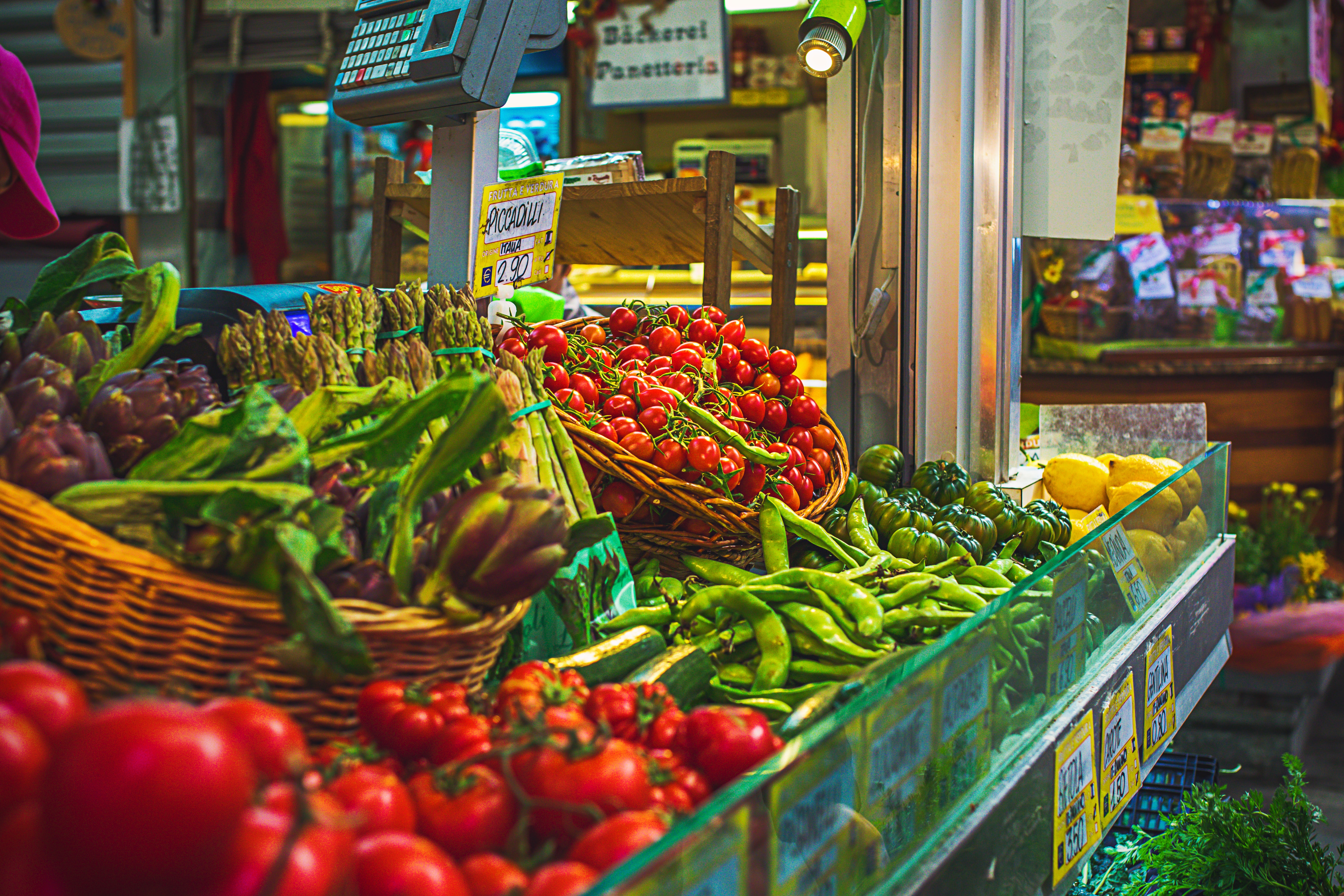With an aim to offer more products to its users for faster delivery, Indian e-grocer BigBasket said Wednesday it will merge its on-demand-90-minute-delivery and planned next-day order services to deliver products within four hours, local media Economic Times reported.
The ‘on-demand’ service that guaranteed a delivery time of 90-minutes had limited products for users to choose from as compared to the ‘planned next-day orders’. By merging the two arms, BigBasket said now it has the bandwidth to stock more products–around 85% of the entire inventory.
“We have moved from smaller, “dark stores” which exclusively retail to our online business, to opening warehouses that are three times larger. We have also re-hauled our supply chain across cities to fulfil customer orders faster,” Hari Menon, CEO and co-founder of BigBasket told Economic Times.
As festive season inches closer online businesses in India are taking steps to reduce their delivery time to lure customers and counter their rivals.
However, the Alibaba-backed company is a tad late in announcing its intentions, as its competitors such as Amazon that recently launched Amazon Fresh, Flipkart, and the most recent entrant food delivery major Swiggy have already ramped up their delivery quotient.
Amazon Fresh promises to deliver vegetables, fruits, dairy and meat items in a record two hours. After multiple failed attempts, Flipkart has again jumped into the fray, with ‘Supermart’ that delivers groceries, dairy products including its own private label. However, it has not ventured into the dicey game of fresh foods.
BigBasket and its biggest rival Grofers collectively have 70% market share in India’s over USD 60 billion online grocery market.
BigBasket’s core strength compared to its competitors, lies in its supply chain of fresh fruits, vegetables and meat which it directly sources from farmers. According to regulatory filings, the company’s revenue in financial year 2017-2018, went up by 35% to USD 226.4 million, while losses narrowed by 60% to USD 38.3 million.
In May 2019, BigBasket raised USD 150 million led by Mirae Asset-Naver Asia Growth Fund, Alibaba and the UK government-owned CDC Group, which took its valuation to one billion dollar giving it the much coveted tag of a unicorn company.
The merger at BigBasket is also aimed at other competitors in micro-delivery space such as MilkBasket and SuprDaily that provide subscription-based milk delivery. The company is also increasing its electric vehicle fleet from 150 e-vans and 50 e-bikes, to 1,000 e-vans and 2,000 e-bikes by 2020. It had started its e-vehicle initiative in 2016.
India’s food and grocery market accounts for 61% of country’s overall retail spending, and it raked a collective revenue to the tune of USD 540 billion in 2018, according to data collected by market research platform Forrester.
